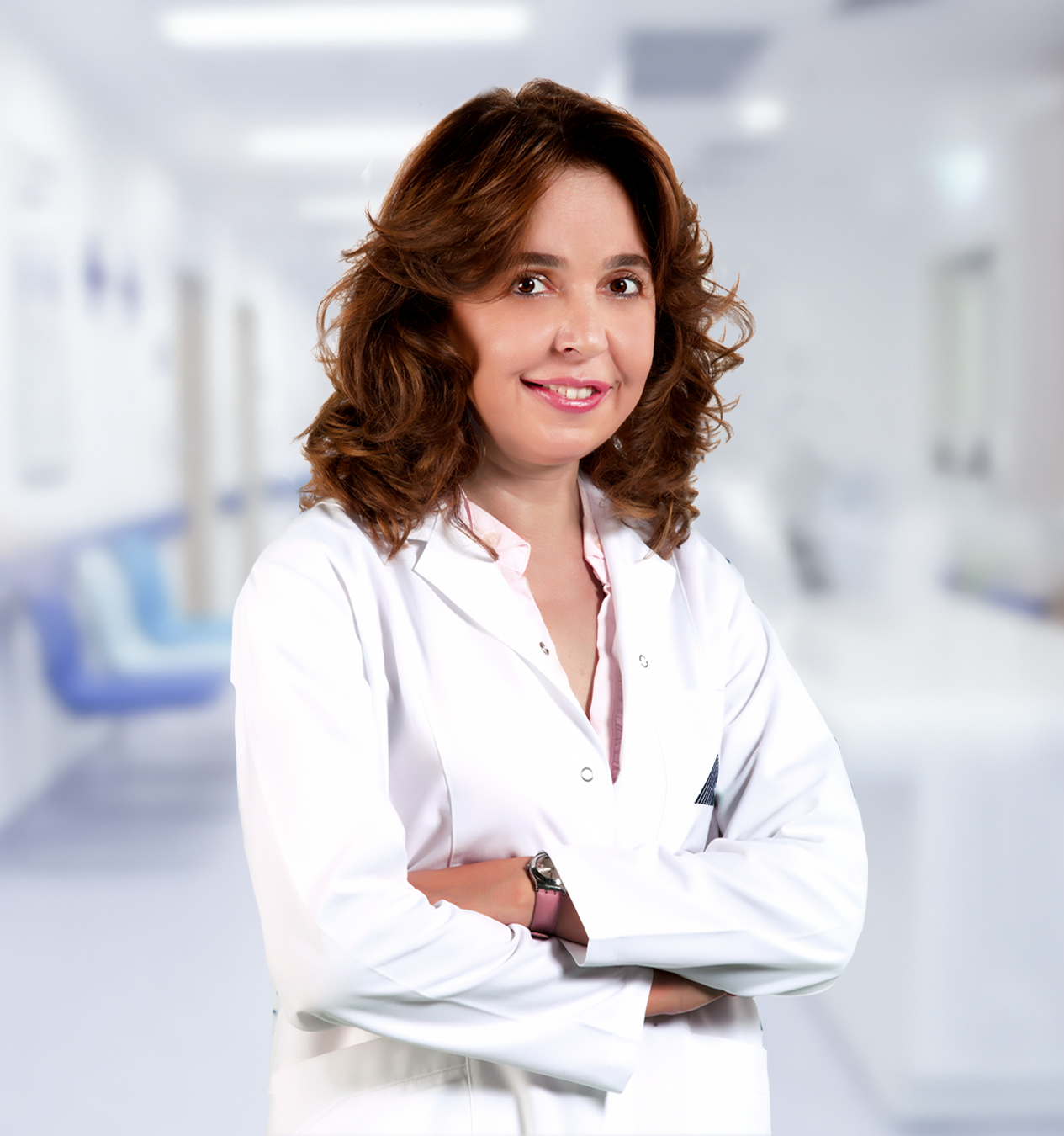Alo Yeditepe
Alo Yeditepe
When Should Adenoid Surgery Be Performed in Children? When Should It Not Be Done?
Adenoid problems, one of the most common problems of childhood, increase in parallel with upper respiratory tract infections, particularly in winter. Underlining that this condition, which causes many problems from sleep disorders to dental caries, should be treated, Yeditepe University Kozyatağı Hospital ENT Diseases Specialist Prof. Dr. Müzeyyen Doğan points out that the course of growth and development of children has returned to normal after the treatment.
It causes an increase in the growth of adenoids, especially due to the fact that children get sick more frequently during school period. In addition to airborne viruses and bacteria, adenoids are constantly exposed to allergens. In cases where gastric fluid reaches the mouth, growth may also occur in the adenoid tissue. Some studies have shown that allergies and reflux are also risk factors for adenoid growth, Prof. Dr. Müzeyyen Doğan: “One study showed that the risk of adenoid growth increased 9.6 times in children with pathological throat reflux and 5.4 times in children with pathological stomach reflux.” For this reason, he stated that nasal meats grow more in allergic children during the period when their allergies are intense.
Does Your Child Sleep Uneasily at Night?
Nasal flesh is normally found in every child and produces cells called antibodies that protect the body against microbes that reach the upper respiratory tract. In order for the adenoid meat to cause problems, it needs to reach a size that will reduce the air passage through the nose and/or close the mouth of the eustachian tubes that ventilate the ear. Prof. Dr. Müzeyyen Doğan lists the problems experienced by children in this situation as follows:
- Difficulty in breathing through the nose
- Continuous mouth breathing
- Nasal speech
- Aeration disorder in the middle ear and consequent collapse of the ear, recurrent middle ear inflammation
- Wheezing noise
- Headaches
- Cough, nasal discharge
- Sinusitis
- Snoring
- Holding your breath for a few seconds in sleep (sleep apnea)
- Restless sleep
- Loss of appetite, growth, and developmental retardation
- Impaired development of jaw and facial bones
- Urinary Incontinence
It Affects Growing
Since the deterioration of sleep quality due to adenoid growth reduces the release of growth hormones in sleep, the growth and development rates of children may also decrease. However, in these children who breathe through the mouth, the jaw and tooth structure have changed and tooth decay is more common, Prof. Dr. Müzeyyen Doğan explains the following about the treatment approach; "It is a normal physiological response to have growth in the adenoid meat in children during acute upper respiratory tract infections. Drug treatments are used in acute inflammation of the adenoid. As a drug, antibiotics, painkillers, decongestant drugs, ocean waters, and intranasal steroids are preferred in the presence of allergies. Children with reflux can also be relieved with reflux treatment. If there are one or more of the symptoms of congestion such as nasal congestion, sleeping with an open mouth, snoring, middle ear inflammation, or holding your breath while sleeping, which cannot be eliminated with drug treatments in children, the size of the adenoid meat should be investigated. As a result of the examinations, if there is narrowing in the airway, surgery is decided."
“Healing Realizes Faster with New Methods”
Explaining that in recent years, devices called coblator and radiofrequency energy are used while taking adenoids, Prof. Dr. Müzeyyen Doğan: "During the operation, adenoid is taken from the mouth with the device's pen-like apparatus by looking at it with a camera. Studies have shown that postoperative recovery is faster than other techniques, it clears the obstructions better since it does not leave residue behind, and it does not cause significant bleeding during the procedure."
Growth Rate Increases After Surgery
Explaining that children generally do not need painkillers after adenoid surgeries performed with coblator, Prof. Dr. Müzeyyen Doğan tells the families about the postoperative period: “We do not recommend a special diet for eating and drinking as in tonsil surgeries, since the adenoid meat remains on the back of the nose. We prefer to use sea water or saline sprays when cleaning the nose. In addition, it should be known that the idea that children who are taken adenoids get sick more often is wrong."
After the surgery, the growth hormone level increases due to the child's peaceful sleep and rested awakening. This manifests itself in the form of height/ weight gain.
About
Faculty and Year of Graduation:
Ankara Hacettepe University Faculty of Medicine, 1994
”
See Also
- What Are Head and Neck Cancers? Diagnosis and Treatment
- Tonsillectomy in Children
- Ear Pain During Flight Can Be a Sign of Some Diseases!
- Pool and Hot Weather Trigger Ear Eczema
- Allergic Rhinitis Targets People in Big Cities
- Can Nutritional Defects Underlie Middle Ear Inflammation?
- Stem Cell May Be the Future Cure to Hearing Loss with Bionic Ear as Hope
- Nasal Sprays Can Be Addictive!
- Adenoid and Tonsil Problems in Children
- Nasal Sprays Can Be Addictive
- Don’t Let Allergic Rhinitis Spoil Your Life
- Throat Infection
- ENT Problems Seen in the Summer
- Nose Bleeding
Alo Yeditepe




